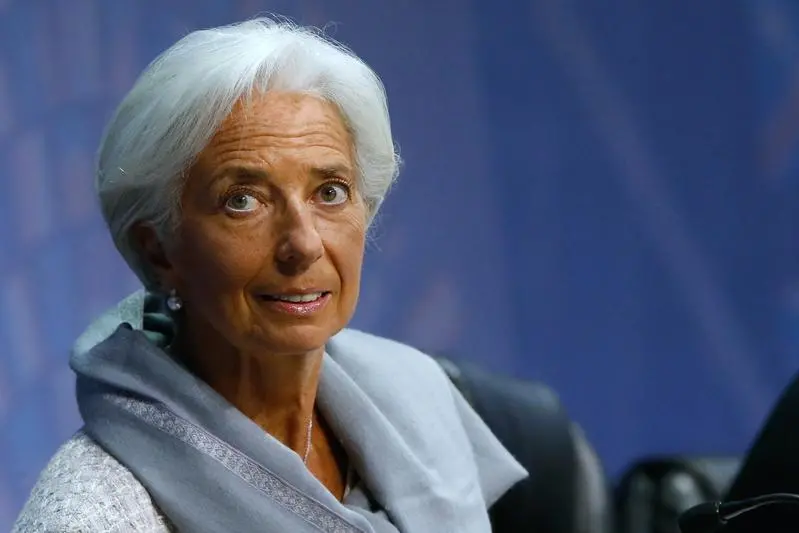PHOTO
Christine Lagarde, managing director of the IMF, said the introduction of VAT was necessary to continue funding government infrastructure plans.
By Shane McGinley
Residents in the Gulf region must “get used” to taxation if they expect continued public investment particularly in large-scale public infrastructure plans, the managing director of the International Monetary Fund (IMF) said on Sunday.
The United Arab Emirates, along with the other members of the six-nation Gulf Cooperation Council, plan to introduce value-added tax (VAT) on January 1, 2018, as governments move to diversify hydrocarbon-focused economies and introduce new revenue streams following the sharp drop in oil prices that started in mid-2014.
“First of all, most people in the world do so, you know, get used to it,” Christine Lagarde, managing director of the IMF, said at the World Government Summit in Dubai, in response to a question regarding how those in the GCC will cope with the introduction of taxation.
“If people, consumers and investors, entrepreneurs want to have a country that is organised and has all the basics… you need public investment,” she said. “To have public investment you need public funding. If those public fundings are reduced due to the price of a barrel (of oil) has gone down… that money needs to be found somewhere else and, as a result, there has to be a degree of taxation.”
As far back as November 2015, the IMF had urged GCC governments to consider introducing VAT in order to boost their revenues in the face of low oil prices.
Lagarde, who is a former French finance minister, praised the UAE for the progress it has made so far in preparing for the introduction of taxation.
“I really want to pay tribute to most the Gulf countries, in particularly led the UAE, for deliberately willing to put in place VAT, which we know will be effective January 1, 2018 at a rather low rate and a system that will be simple enough and digital… because when you start from scratch so you can innovate,” she said.
A UAE finance ministry official told Zawya on Sunday that the government is not at present considering any increase of the tax above the 5 percent amount, and would not raise it in the future without a thorough study of the economic and social impact. (Read more here)
The Dubai government announced its 47.3 billion dirham ($12.87 billion) budget for 2017. The total budget allocation for the year is up 2.6 percent year-on-year, with infrastructure spending up by 27 percent compared with 2016. (Read more here)
For more information and analysis click here to read Zawya’s Special Coverage on the introduction of VAT in the GCC
© Zawya 2017





















